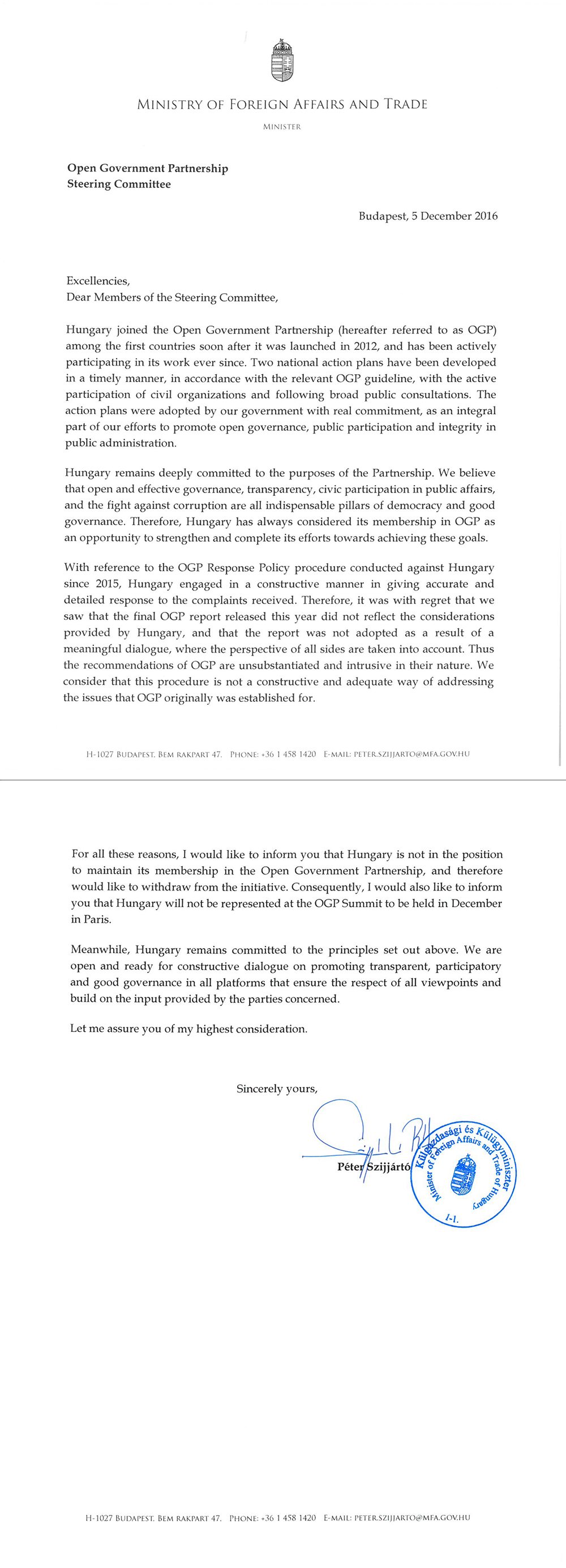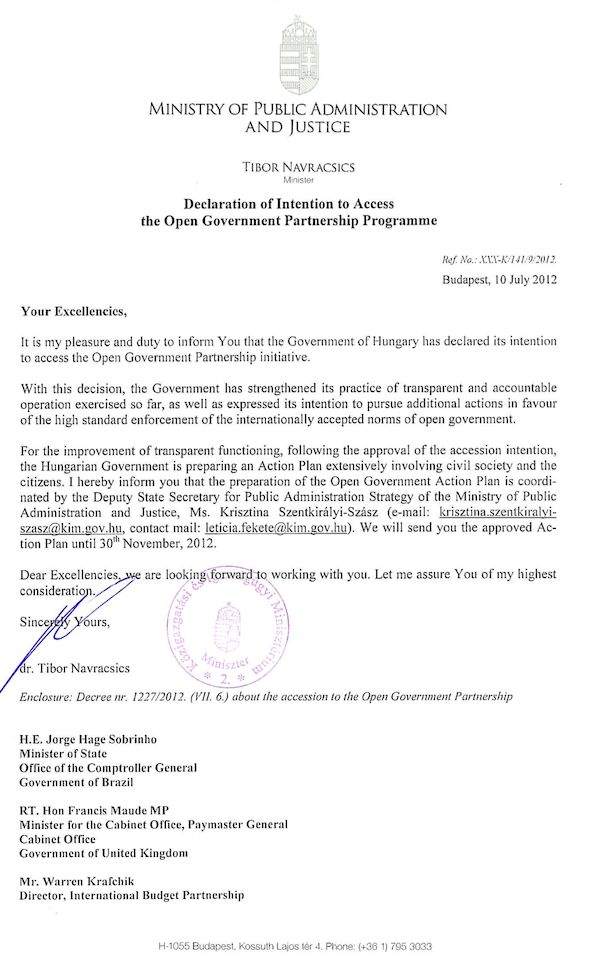The general rules on the obligation to disclose certain data of public interest and data public on grounds of public interest processed by bodies with public service functions are laid down in Act CXII of 2011 on Informational Self-determination and Freedom of Information (Information Act). The regulation aims to ensure the freedom of information and facilitate the enforcement of the right to access and disseminate data of public interest and data public on grounds of public interest.
For the implementation of the above, bodies with public service functions shall facilitate that the general public is provided with accurate information in a prompt manner concerning the matters under their competence, such as the budgets of the central and municipal governments and the implementation thereof, the management of assets controlled by the central and municipal governments, the appropriation of public funds, and special and exclusive rights conferred upon market actors, private organizations or individuals. Under the Information Act, bodies with public service functions shall make available public information specified in the Standard Disclosure List of the Act on their websites. The Information Act also specifies the general legal consequences of failure to meet the disclosure obligation, according to which the National Authority for Data Protection and Freedom of Information (NAIH) shall, upon request, conduct investigations into the reported infringement relating to exercising the rights of access to data public on grounds of public interest.
By virtue of the provisions of the Fundamental Law of Hungary and of Act CLXXXIX of 2011 on Local Governments in Hungary (hereafter referred to as Local Government Act), the Government performs the supervision of legal compliance of the operation of local governments through the Budapest and County Government Offices. These Offices monitor and where necessary take sanctions against local governments if problems noted in their operation and, within the framework specified in Local Government Act, may also take measures to make up for the failure to make certain decisions (Local Government Act Sections 132-142).
Based on the above, it can be concluded that the legal framework of the disclosure obligation related to data of public interest and data public on grounds of public interest is available. At the same time, a change in attitude and a renewal is necessary in order that local governments comply with regulations not in fear of potential sanctions but primarily because of their responsibility towards the community of citizens.
Enhancing the publication of local government decisions was already among the commitments made in the First OGP Action Plan, but the self-assessment report on its implementation, in accordance with the evaluation made in the IRM, concluded that the commitment was only partially implemented and therefore this task should be specified in greater detail and continued in the Second OGP Action Plan. In addition, the progress report established that, although local governments can have closed sessions in cases specified by the law, they interpreted this too broadly in the case of sessions on asset-related issues. The written motions for the public sessions of the council of municipal representatives and committees are often not accessible in an archived form before and after the sessions, which hinders citizens from learning about the background of the decisions.
Thus the requirements regarding genuine publicity and the related regulations should be summarised in a methodological guideline and be widely disseminated.
The methodological guideline aims to elaborate on and interpret the regulations included in the Information Act, focusing on practice, and provide guidance for local governments applying the law, including stimulating the utilisation of opportunities provided in Section 33 (3) of the Information Act on means of implementing their obligation of publication, with special recommendations tailor-made for local governments with limited resources. The methodological guideline should also include publication samples as well as provide guidance for the time of publication (calling attention to e.g. the obligation of the prior publication of agendas) and its format.
In order to present the methodological guideline and provide support for its application, workshops are to be organised enabling all local governments interested to participate. This means that at least seven workshops will have to be organised at the national level, i.e. one workshop per region (the regions being Northern Hungary, Northern Great Plain, Southern Great Plain, Central Hungary, Central Transdanubia, Western Transdanubia, Southern Transdanubia). Beyond supporting compliance with the publication obligation, the workshops aim to support attitude change and explore and share good practices.
By developing the guideline and implementing it on a broad scale, the content of the obligation of publication will become clearer, and compliance with it will be easier for local governments as well. The successful implementation of this commitment contributes to the development of public services and the more efficient use of public funds, in addition to which it strengthens – especially through providing in advance easy access to information related to local government decision making as provided by the law – the transparent and accountable operation of bodies with public service functions.
It was established in the Progress Report on the First OGP Action Plan that in Hungary the number of public organizations fully complying with the obligations on disclosure is low. Government offices, within the framework of their activity aimed to monitor the operation of local governments, continuously monitor compliance with the disclosure obligation, but a more efficient stimulation of those concerned is required. The written motions for public sessions of the municipal council and committees are often not accessible in an archived form before and after the sessions, which hinders citizens from learning about the background of decisions. To facilitate the compliance with the obligation of disclosure and ensure publicity, building on the experience of government offices gained during supervising legal compliance. To facilitate the compliance with the obligation of disclosure and ensure publicity, building on the experience of government offices gained during supervising legal compliance.



